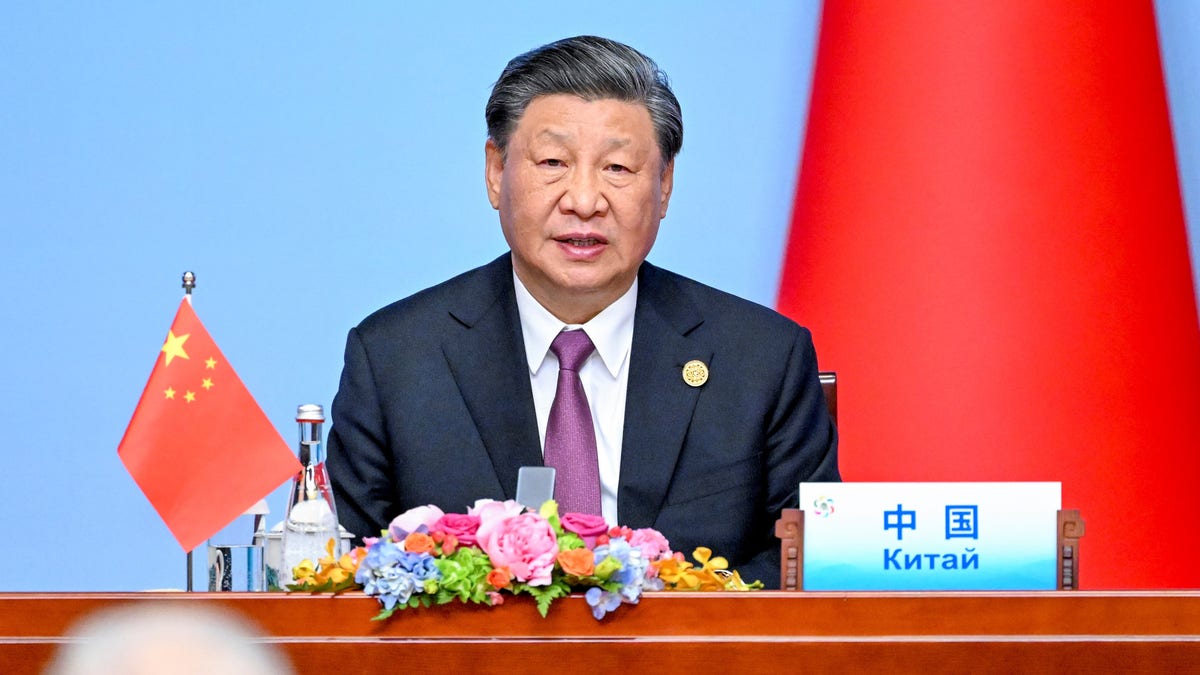Concerns are rising about the role of American technology in bolstering China's AI-driven surveillance apparatus. Geoffrey Cain, a senior fellow at the Foundation for American Innovation, testified before a Senate subcommittee, highlighting how US companies have contributed to China's human rights violations through AI technology.
Cain pointed to specific instances, such as ThermoFisher's sale of DNA collection equipment to Xinjiang police and Microsoft's training of Chinese AI professionals who later joined companies involved in human rights abuses. He emphasized the need for Congress to hold US companies accountable for their actions in China.

Cain's organization advocates for the ethical use of technology. However, he noted that China's "Sky Net" surveillance system, powered by AI, is being used to target individuals based on their actions, ethnicity, and even their association with foreign journalists. This system, he argued, enables the persecution of groups like the Uyghur Muslims under the guise of counterterrorism.

Cain challenged the notion of collaborating with Chinese companies on AI, arguing that such cooperation could empower the Chinese Communist Party (CCP) and hinder global innovation. Instead, he advocated for the US to maintain its leadership in AI, attracting talent and resources away from China.

Cain proposed legislative measures to address the issue, suggesting that corporations should be required to disclose their activities in China related to human rights. He also recommended criminalizing specific business activities that could contribute to human rights abuses, potentially leading to imprisonment for involved executives. He stressed the urgency of preventing advanced American technologies from falling into China's hands.
While Congress has shown interest in AI regulation, comprehensive legislation remains elusive. Senate Majority Leader Chuck Schumer is currently engaging with various stakeholders to formulate a broad AI bill.
Comments(0)
Top Comments